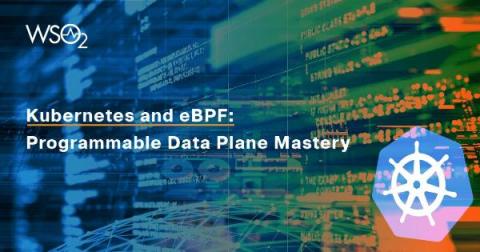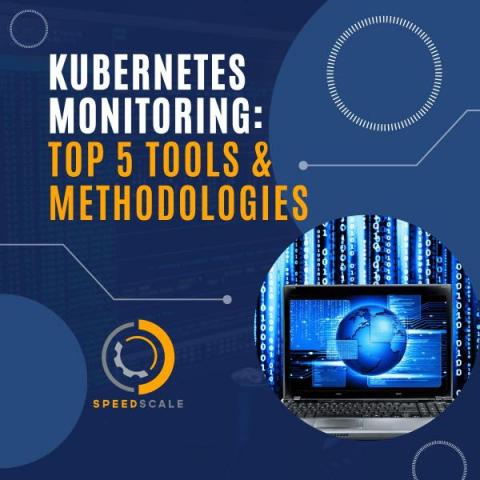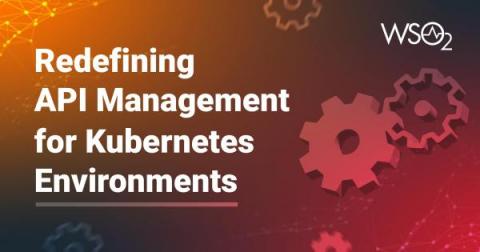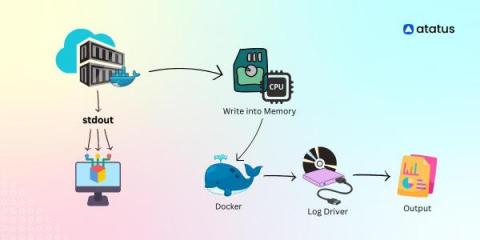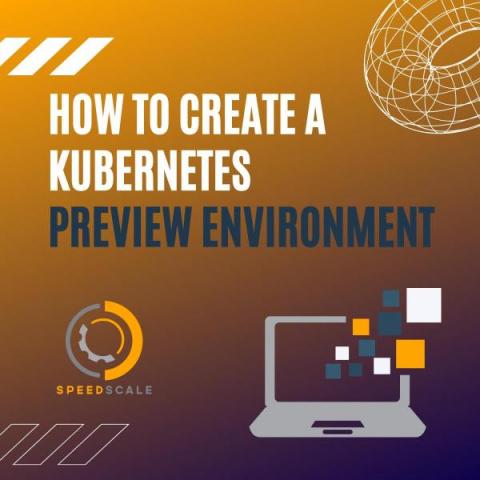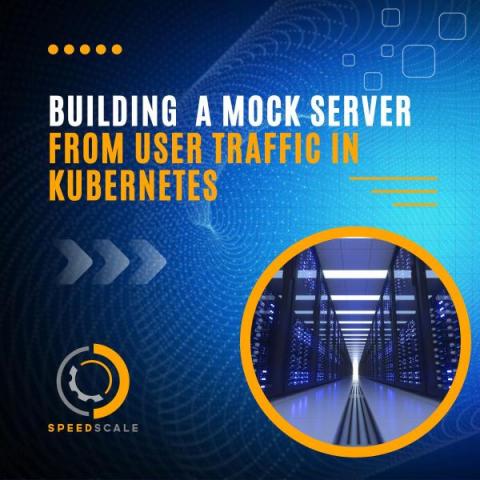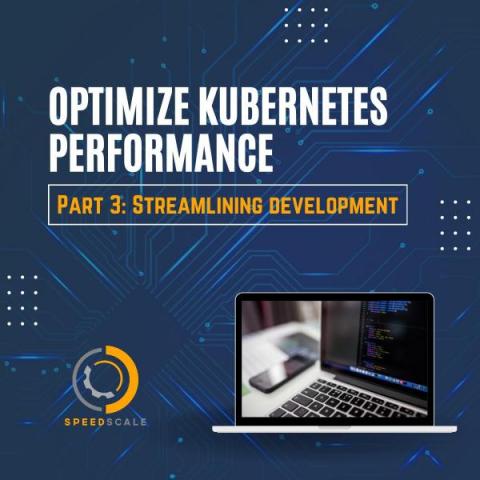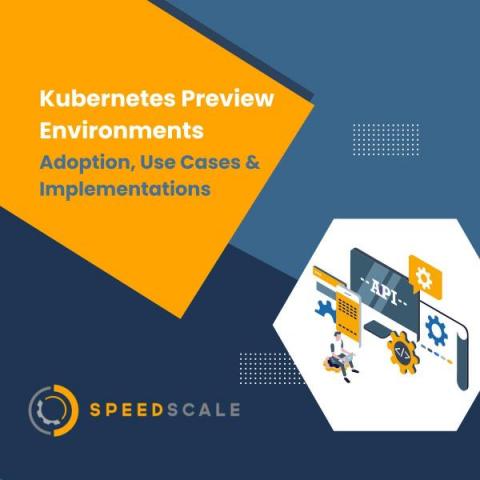No matter what application you're building and who your target customers are, everyone can agree that it's critical to avoid broken deployments. To aid in this goal, many tools and concepts have been invented, with Kubernetes preview environments being one of them. In this post, you'll get a deeper understanding of how preview environments work, how organizations are using them, and how you can get started yourself. But to put it simply: preview environments allow teams to deploy a version of their applications during the development process, interacting with it as if it was deployed in production.


